Mommy bloggers and the Internet regulation debates, by Jennifer Huddleston
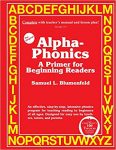 So what might moms teach us about regulating their online activities? Internet regulation can affect mommy bloggers as much as it does big tech companies like Google and Facebook.
So what might moms teach us about regulating their online activities? Internet regulation can affect mommy bloggers as much as it does big tech companies like Google and Facebook.
Think about the sometimes-poisonous reader comments found beneath blogs and other online articles. Comments are a useful way to interact with readers and create a sense of community in the digital age. That’s part of what makes many blogs successful and the reason some bloggers start or continue writing.
Still, comments can get quite nasty, which is why they are the target of plenty of jokes and more-serious criticism. It’s easy to understand why a mommy blogger might want to remove certain comments, particularly if related to information or photos about someone’s children.
Existing tech laws protect this right. 1996’s landmark “Section 230” provision made clear  that the provider of an Internet service — whether big tech or a blogger offering a comment section — is not liable for the actions of its users when it is serving as a curator rather than a creator. It also allows bloggers to remove or otherwise moderate third party comments without fear of legal action.
that the provider of an Internet service — whether big tech or a blogger offering a comment section — is not liable for the actions of its users when it is serving as a curator rather than a creator. It also allows bloggers to remove or otherwise moderate third party comments without fear of legal action.
This is critical for small-content generators and helps illustrate why Section 230 helped make the Internet a free space for all kinds of people. How many moms would be able to do some casual blogging if a tense battle over content moderation could land them in expensive, time-consuming legal trouble?
Mommy bloggers don’t just teach us the importance of maintaining Internet freedom laws. They also help illustrate the building tension that can emerge between speech and privacy.
One woman stirred controversy earlier this year when, writing in The Washington Post, she described her daughter’s request to stop blogging about motherhood. In publicly refusing, the author noted, “my stories will be inextricably linked to her experiences.” With the children of “sharenting” now coming online themselves, some parents’ speech and their children’s rights to privacy will increasingly come into conflict.
For better or worse, stories or pictures rarely exist in isolation anymore. Requests for extreme privacy measures like a “right to be forgotten,” as already found in Europe, can quickly make a thorny question thornier. Should legal, legitimate speech be regulated because it’s online? Should the child of a mommy blogger be able to grow up, invoke a right to be forgotten, and have her mother’s old blog delisted? Does free speech cover the longstanding tradition of sharing embarrassing stories about a child, or should that change in the digital age, where it’s no longer contained to a photo album or yearbook?
These are questions without easy answers. Ideally, families will work them out on their own. But in our haste to call for stringent new privacy rights, we should consider not just
how compliance might affect large tech companies but also how it might impact more personal conversations. If we don’t, courts and lawmakers could settle too many dinner-table disputes.
As we argue over whether to regulate Internet content, let’s not forget that fundamentally, this debate is about some of the ways in which we share information with one another each day. Maybe some of those mommy bloggers can teach us how to work out our differences of opinion.
Did you know that many “Mommy Bloggers” are Homeschooling their children? Did you know that a lot of these “Mommy Bloggers” use Alpha-Phonics to tech reading to those children? It is true! Alpha-Phonics is one of the top rated resources to teach reading based on solid phonics.
If you are, or are planning to be, a Mommy Blogger and teach reading you can learn all about Alpha-Phonics at these LINKS and View the short Video below:
THIS MOM HAS TAUGHT 8 CHILDREN TO READ WITH (ONE COPY OF) ALPHA-PHONICS


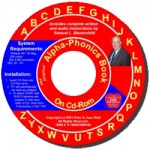

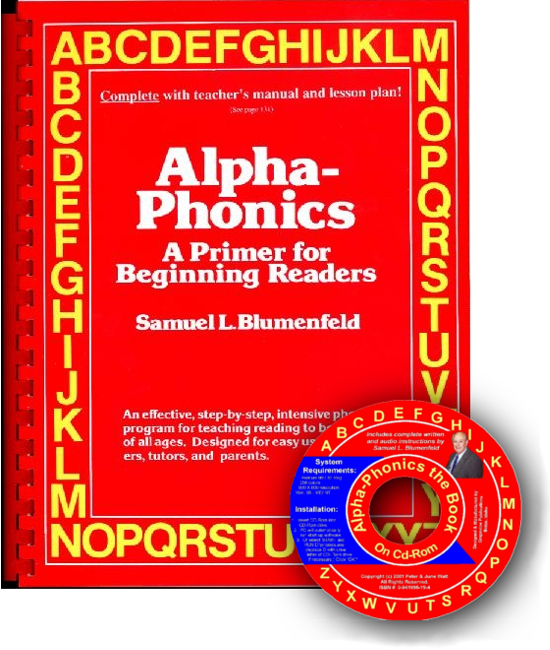 Alpha-Phonics
Alpha-Phonics The Alphabet Song!
The Alphabet Song! Water on the Floor
Water on the Floor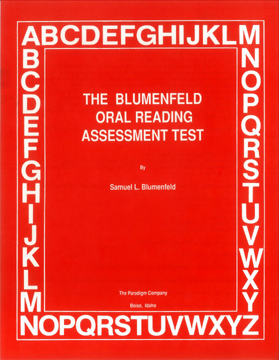 Blumenfeld Oral Reading Assessment Test
Blumenfeld Oral Reading Assessment Test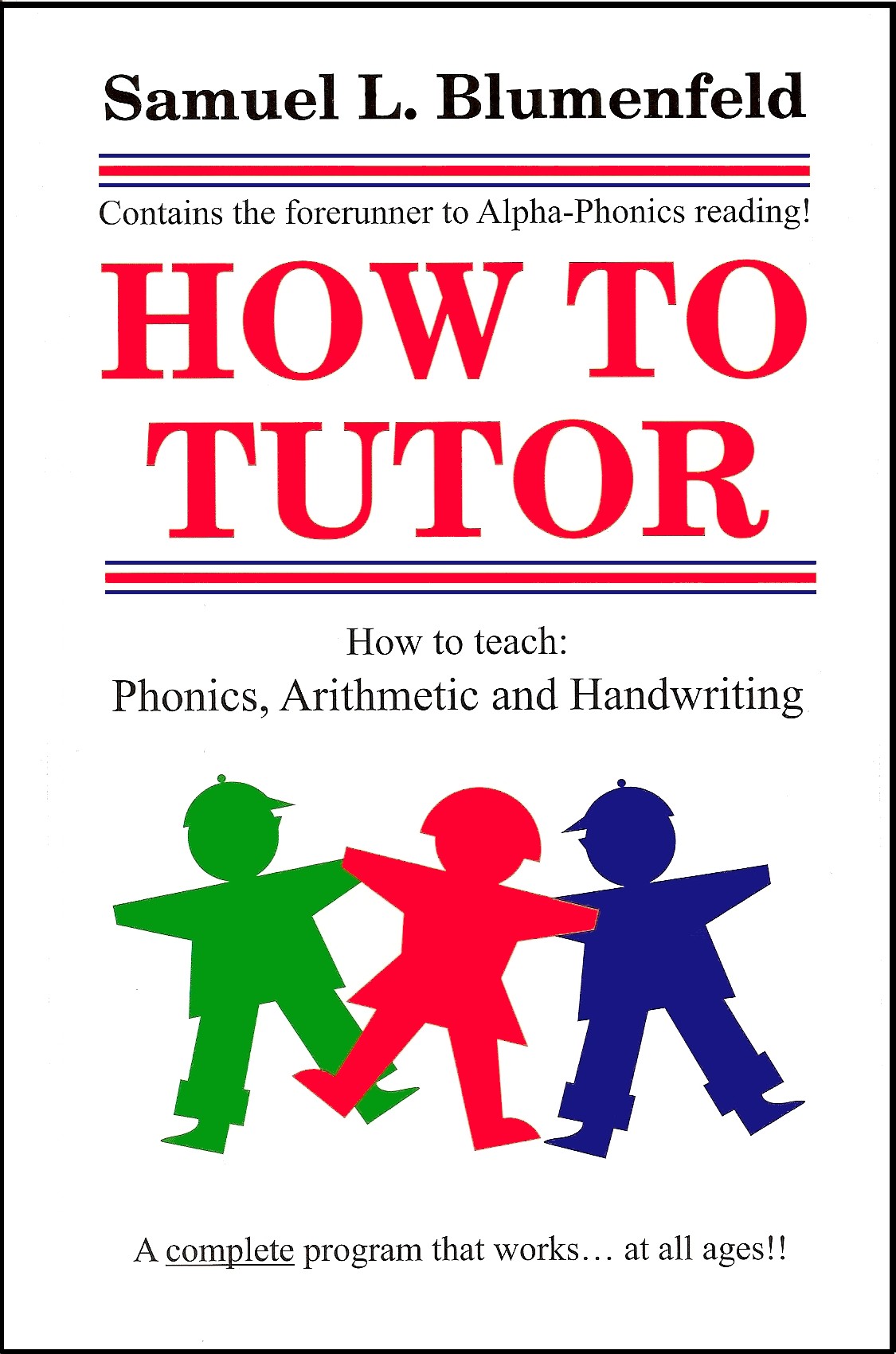 How To Tutor
How To Tutor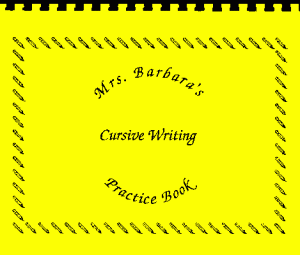 How To Tutor Cursive Handwriting Workbook
How To Tutor Cursive Handwriting Workbook